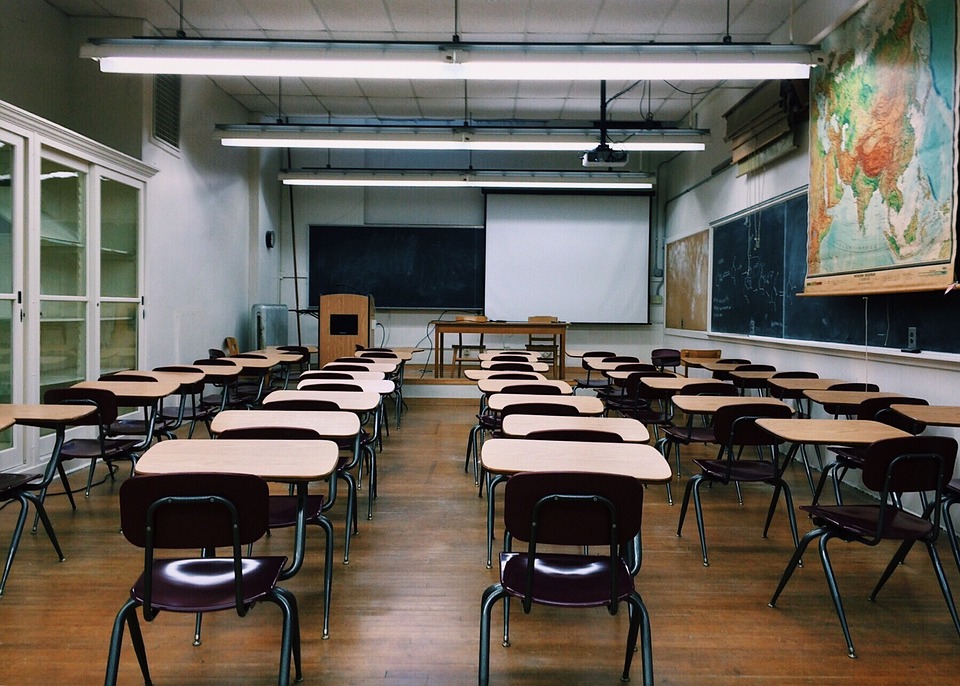Title: Empowering Students: How Education is Shaping Problem-Solving Skills for the Future
Introduction:
Education plays a crucial role in preparing students for the challenges of the future. Beyond acquiring knowledge, it is increasingly essential for students to develop problem-solving skills to tackle complex issues they may encounter in their personal and professional lives. This article explores how education is empowering students by fostering problem-solving abilities and emphasizes the significance of this skill set for their future success.
I. Problem-Solving Skills in Education
1.1 Conceptualizing problem-solving skills
1.2 Integrating problem-solving in the curriculum
1.3 The role of teachers in nurturing problem-solving abilities
1.4 Collaborative problem-solving approaches
1.5 Encouraging critical thinking to enhance problem-solving skills
II. The Importance of Problem-Solving Skills
2.1 Adapting to a rapidly changing world
2.2 Enhancing creativity and innovation
2.3 Facilitating effective decision-making
2.4 Fostering resilience and perseverance
III. Strategies to Develop Problem-Solving Skills
3.1 Project-based learning
3.2 Inquiry-based learning
3.3 Real-world problem-solving simulations
3.4 Design thinking methodologies
3.5 Encouraging experimentation and risk-taking
IV. Assessing Problem-Solving Skills
4.1 Traditional assessment methods
4.2 Embracing alternative assessment techniques
4.3 The role of self-assessment in developing problem-solving skills
4.4 Incorporating feedback for improved problem-solving abilities
V. The Role of Technology in Empowering Problem Solvers
5.1 Harnessing digital tools for problem-solving
5.2 Virtual reality and augmented reality for immersive problem-solving experiences
5.3 Online collaboration platforms in problem-solving endeavors
5.4 Gamification techniques to promote problem-solving engagement
VI. The Long-Term Impact of Problem-Solving Skills
6.1 Employability advantages
6.2 Enhancing leadership capabilities
6.3 Generating social impact and global citizenship
6.4 Cultivating a lifelong love for learning
VII. FAQs (Frequently Asked Questions)
Below are some common questions related to problem-solving skills in education:
Q1. How can problem-solving skills be cultivated from an early age?
Q2. Are problem-solving skills more critical than subject-specific knowledge?
Q3. Can problem-solving be taught, or is it an innate skill?
Q4. How can teachers incorporate problem-solving in a traditional classroom setting?
Q5. What are some practical ways to assess problem-solving skills?
Conclusion:
Education today is shifting gears to empower students with problem-solving skills. By providing the necessary tools, strategies, and a conducive learning environment, educators are equipping students to tackle the complex challenges of the future confidently. Fostering problem-solving abilities not only enhances academic performance but also nurtures individuals capable of shaping a better world. Through education, students are developing the skills necessary to address global issues, adapt to changes, and thrive in an ever-evolving society.






